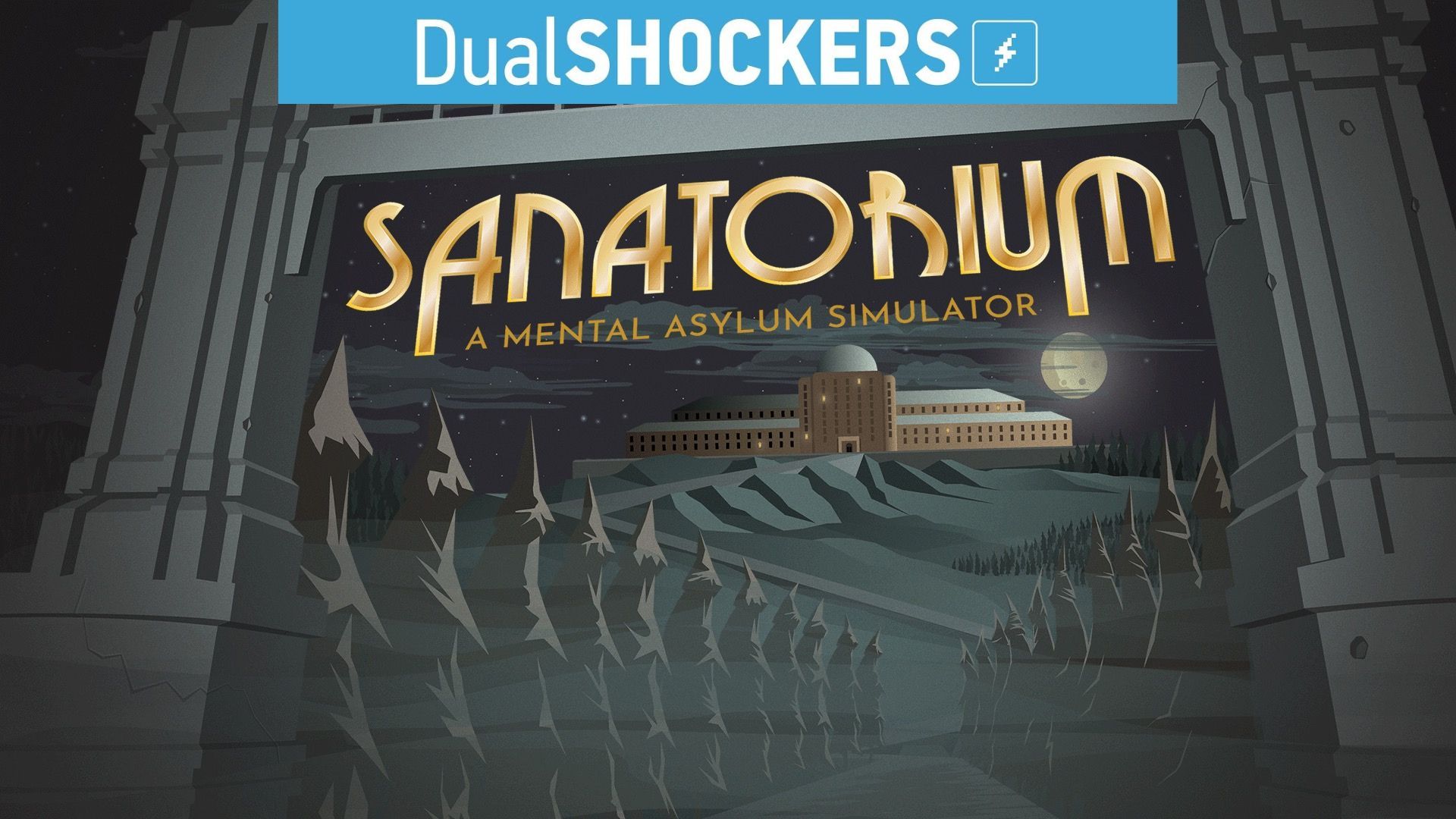
Job simulator games cover a wide range of topics, from simple to incredibly complex. Sanatorium – A Mental Asylum Simulator offers a fresh take on the genre, putting players in the shoes of a 1920s journalist who poses as a doctor to investigate the secrets of a mental institution.
Sanatorium isn’t just a typical simulation or adventure game. It features a clever card system where you analyze patients and decide on treatments, taking into account the available resources and your budget. Your choices can lead to the best possible care, or unfortunately, the opposite.
I finally got to play this game, and it’s all about walking a tightrope. You’re constantly trying to hold onto your own sense of self while pretending to be okay to avoid getting kicked out of the asylum. You need to keep up the act long enough to uncover the truth about what’s *really* happening.
I was also lucky enough to chat with the creators of the game – Sebastian Riedi, who handled the design, programming, and writing, and Fabian Hunziker, who was responsible for the art and sound. They’re both from a Swiss studio called Zeitglas, and they answered a bunch of questions I had been wondering about the game!
If you’re interested in learning more about this new and unusual indie game, keep reading! Its release date of November 6th is almost here.
Interview With Sebastian Riedi And Fabian Hunziker Of Zeitglas
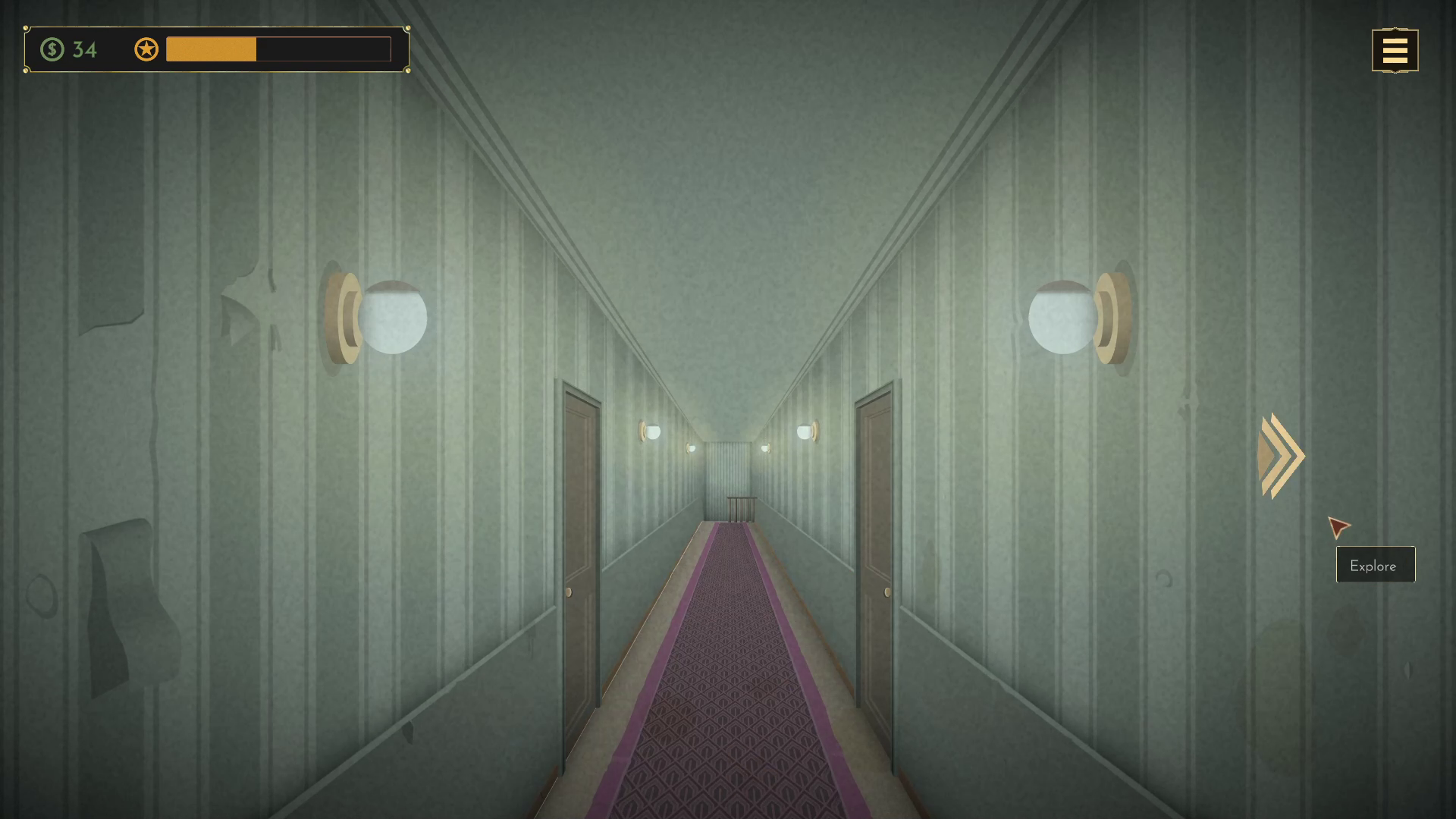
Could you tell us about your background in psychology and what got you interested in turning that into a game?
We started with the idea of creating a game similar to ‘Job Simulator,’ focusing on players mimicking professions and making choices. This was initially for a university thesis. We chose a 1920s asylum as the setting because its history, with questionable ethics and old-fashioned psychology, would create a thought-provoking backdrop for these game mechanics. Since we weren’t experts in this area, we did a lot of research and consulted with others to ensure accuracy.
How much research did you do to make sure your coverage of the game was complete and correct?
We made sure our content was accurate by doing a lot of research and getting advice from experts. This included speaking with the curator of the Psychiatric Clinic Museum at the University of Berne in Switzerland, who is a psychiatry professor. Their expertise gave our story a solid historical basis.
As a big fan, I’m really glad the team is being so careful about how patients are portrayed in the game. I’ve seen other games with similar ideas that just use illness for laughs, making symptoms and conversations totally over-the-top and insensitive. It’s awesome that this game is taking a more thoughtful approach.
Q: Are any of the patient cases in the game based around real-life stories or events?
While some of our characters are based on real people and their stories take inspiration from true events, we don’t recreate them exactly, and the connections aren’t always immediately apparent. Players who know their history or are familiar with certain events might pick up on a hint or two – we really enjoy including those little surprises!
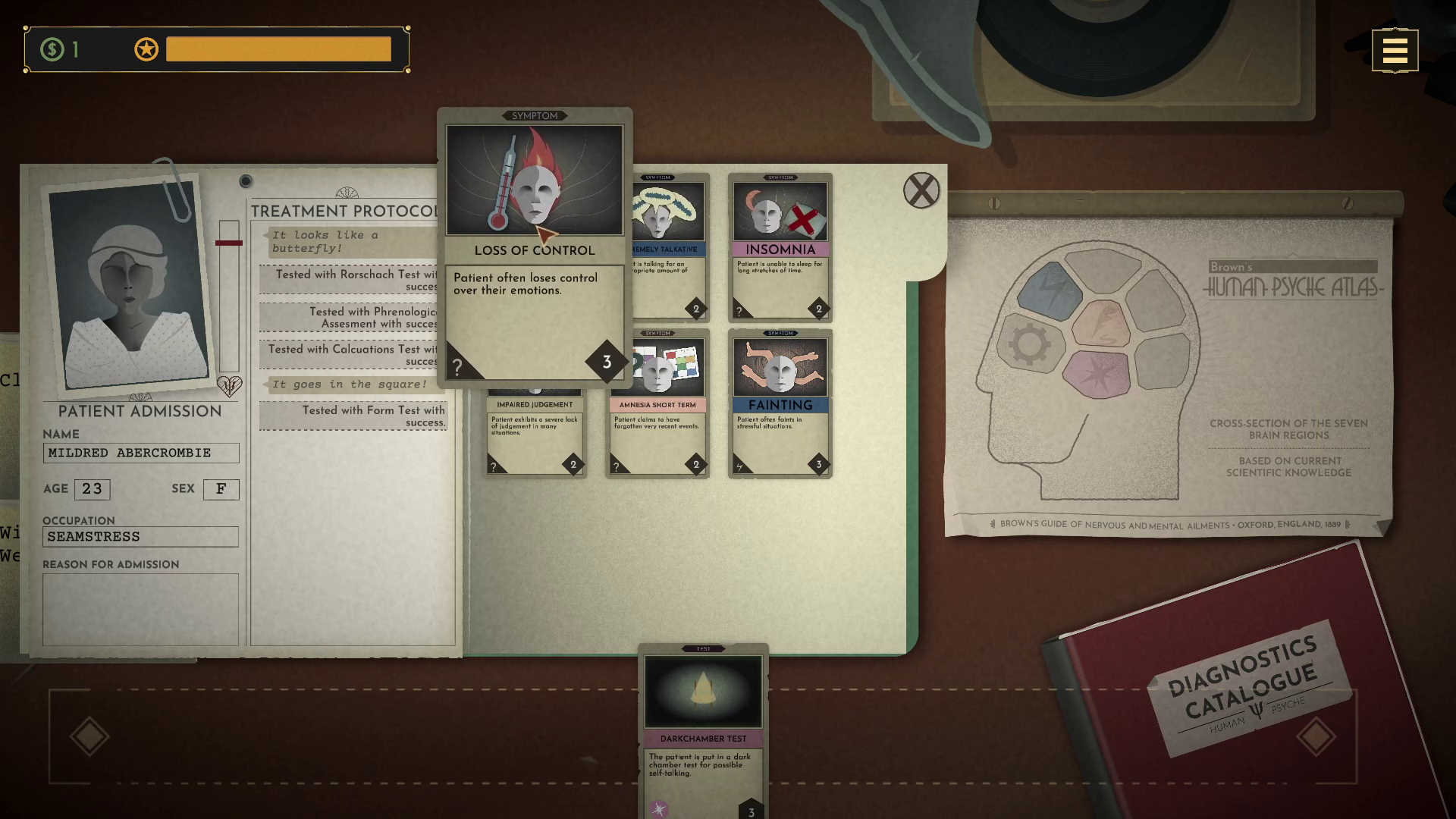
We initially explored different eras for the game’s setting, but ultimately the 1920s felt like the most fitting and logical choice.
We considered setting our story in the 1960s, like the film *One Flew Over the Cuckoo’s Nest*, but ultimately chose the 1920s instead. The vibrant and lavish nature of that era creates a strong contrast with the dark and restrictive environment of the institution, making the setting more impactful.
The 1920s were a time of striking contradictions. While people enjoyed lively nightlife and economic growth, there was also widespread corruption, the illegal sale of alcohol, and a surge in organized crime.
Fabian explained that the visual style was also important. He described Art Deco as an interesting blend of sleek shapes and delicate details.
To give our game a rich story and creative freedom, we looked at medical practices from a wider range of years, not just the 1920s. This let us include treatments that were already considered old-fashioned by the 20s, and also some newer ones that hadn’t become widespread yet, like the lobotomy, which didn’t start being used until the 1930s.
Many horror stories feature old mental institutions. Did that influence the design or themes of Sanatorium?
We didn’t set out to make a horror game, but we really wanted to create a dark and unsettling feeling. We did this by designing the building to feel ancient and as if it existed outside of time, hoping to make players feel uneasy and afraid.
It’s reminiscent of the classic horror trope of the mental asylum, but with a lot of nuanced distinctions.
How many different ways can players experience the game? Will choices significantly impact the story, leading to multiple endings and encouraging replayability so each playthrough feels unique?
Your choices in the game will significantly impact the story, affecting your character, the patients you treat, and the fate of the clinic. While some patients have predetermined stories, others are unique each time you play. Plus, you can unlock an Endless Mode that gets progressively harder as you advance.
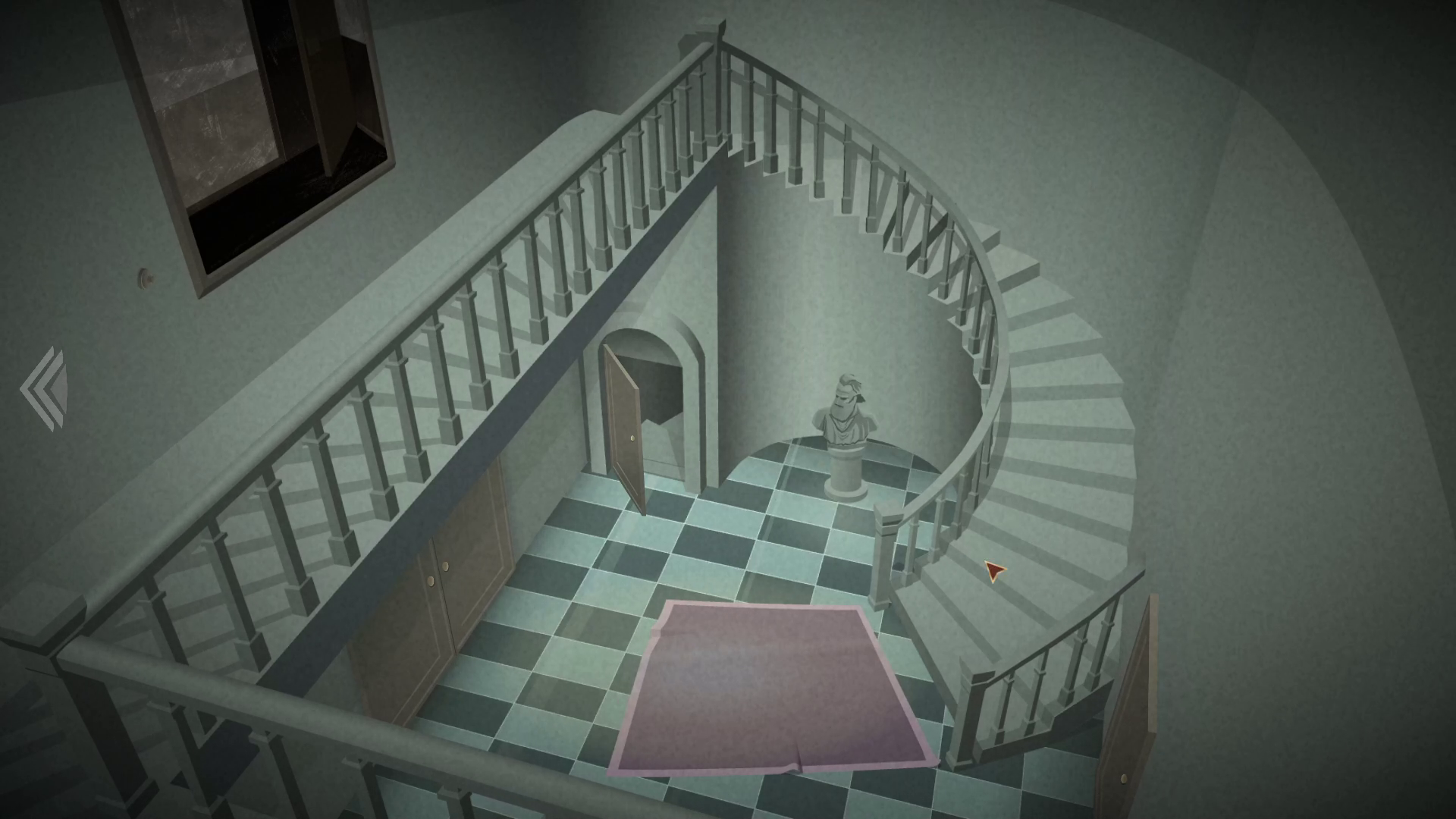
I’m wondering if players can choose between kinder or harsher ways to treat patients, and if there are any consequences for the choices they make.
The game doesn’t punish you for being unkind, but for being *ineffective*. You’ll face penalties if you make errors, use outdated methods, or simply aren’t efficient, all based on the flawed logic of the institution and the pressures of the time. This creates a central challenge in Sanatorium: doing what’s best for a patient’s health often clashes with treating them with kindness. When players struggle with this choice between compassion and getting results, they really understand the heart of the game.
Mental healthcare has come a long way in the past century. What areas do you think still need improvement today?
We’re not experts in mental health or medicine, so we’re not comfortable offering opinions on those topics.
Okay, so we got some really interesting feedback after letting some healthcare professionals play our demo. It wasn’t about the specific illnesses or how we treated them, but about how the hospitals *worked*. They were saying the red tape and the basic way things were run felt surprisingly similar to what they deal with *today*. It was kind of eerie, honestly, how much it resonated with their real-life experiences.
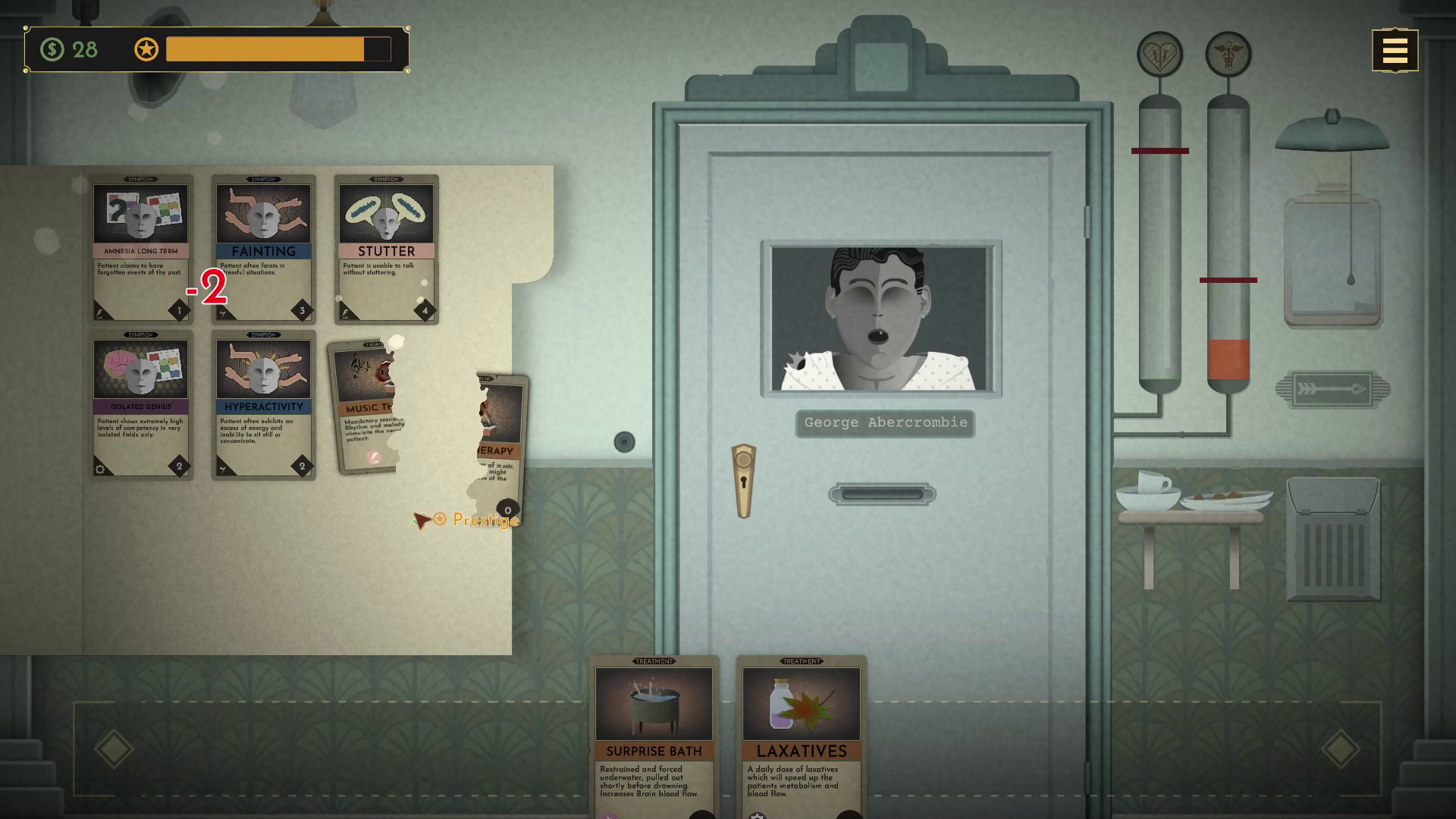
It seems like this is the team’s first complete game. What unexpected difficulties did you encounter during development?
Because this was a part-time job with a small budget, it was sometimes difficult for the two of us to manage the development, resources, and workload.
Making this game about mental health wasn’t always easy – it pushed us creatively and personally at times. But we learned a lot as game developers along the way. We couldn’t have finished it without the support of our families and friends, as well as funding from Pro Helvetia, the resources of the Swiss Game Hub, help from freelancers, and our fantastic publisher. We always managed to overcome challenges thanks to everyone involved.
Q: Do you have any sort of message you’re hoping comes across in the game?
Fabian: The game is, first and foremost, a work of entertainment and not a teaching tool.
As a fan, I’m really excited about what the creators are aiming for with this game! They want us, as players, to really think about the choices we make and how the game’s world – the Sanatorium – treats people. It’s not just about spooky thrills; they want us to compare how mental health was understood a hundred years ago to how we see it now, and to challenge our own ideas about what’s ‘normal.’ It sounds like a really thought-provoking experience!
Sanatorium Is Coming Soon
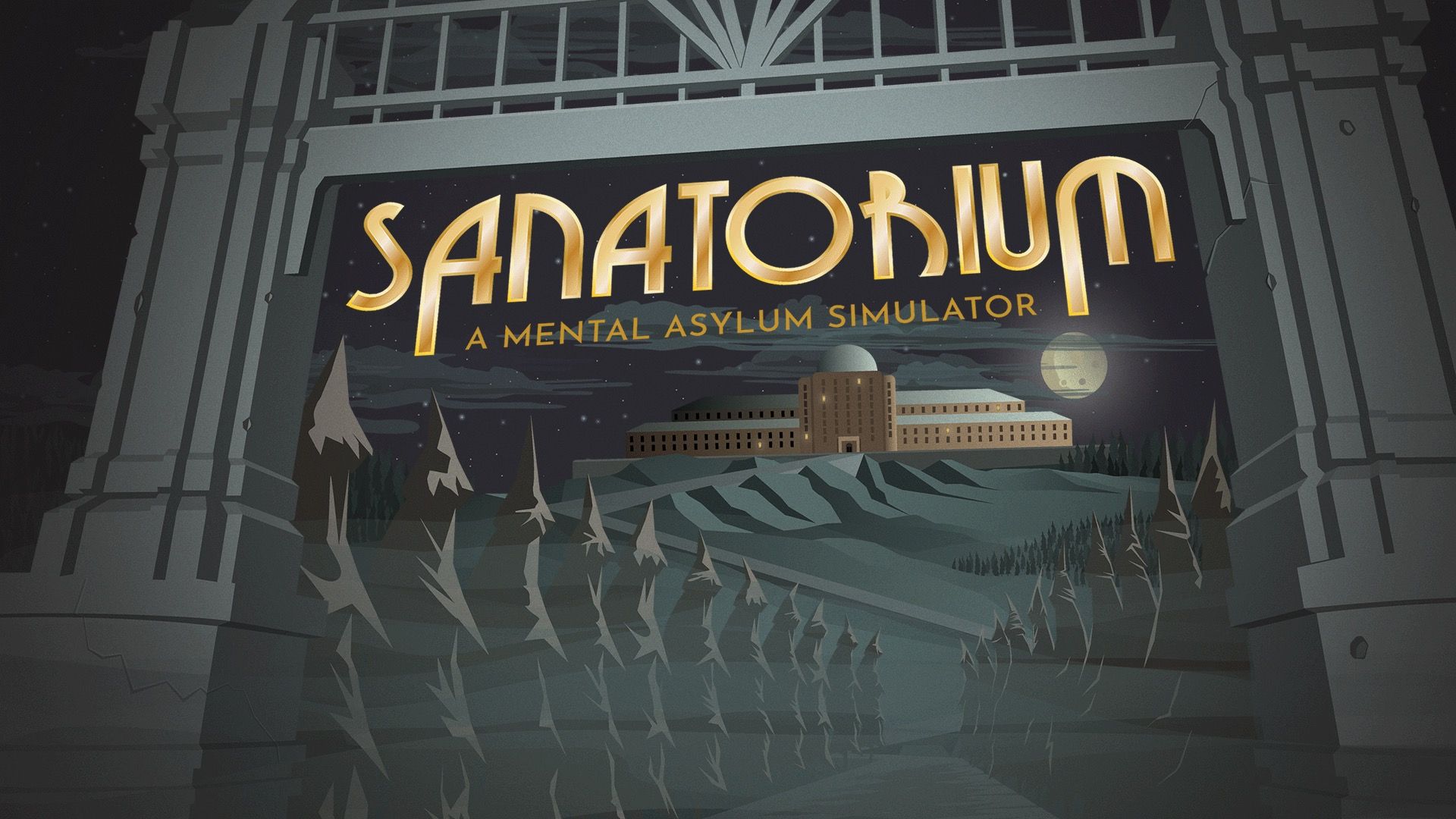
I recently got a chance to try out a preview version of Sanatorium – A Mental Asylum Simulator, and I’ve shared my thoughts and experiences after playing for a few hours.
Enjoying what you’ve seen? Great news! Sanatorium will be released on November 6th for Steam, macOS, and Steam Deck. To stay up-to-date with the latest news and be notified when it launches, add the game to your Steam wishlist now.
To get a closer look at the game in action, check out the new trailer below as well:
Read More
- The Winter Floating Festival Event Puzzles In DDV
- Jujutsu Kaisen: Yuta and Maki’s Ending, Explained
- Jujutsu Kaisen: Why Megumi Might Be The Strongest Modern Sorcerer After Gojo
- Sword Slasher Loot Codes for Roblox
- Best JRPGs With Great Replay Value
- One Piece: Oda Confirms The Next Strongest Pirate In History After Joy Boy And Davy Jones
- Roblox Idle Defense Codes
- All Crusade Map Icons in Cult of the Lamb
- Japan’s 10 Best Manga Series of 2025, Ranked
- Non-RPG Open-World Games That Feel Like RPGs
2025-10-07 19:11